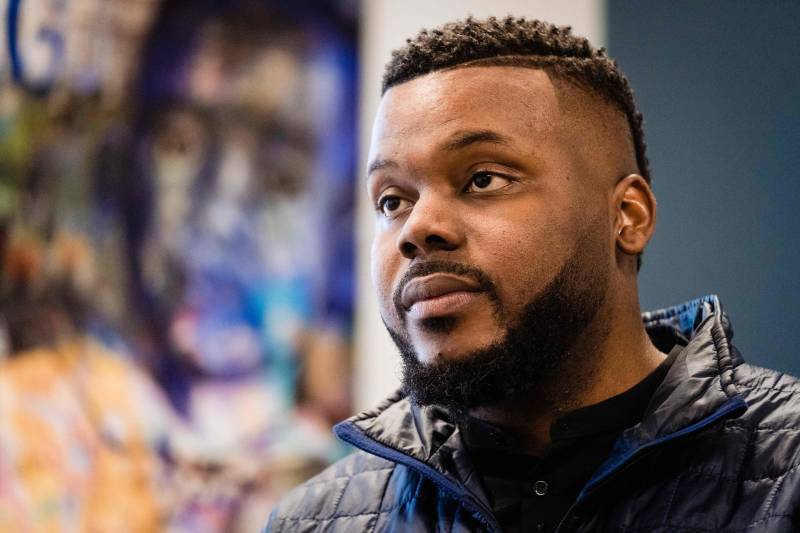In early 2019, the city of Stockton began an experiment with guaranteed income by giving 125 randomly selected individuals $500 a month with no strings attached. Mayor Michael Tubbs helped spearhead this trial.
KQED's Lily Jamali spoke with Tubbs about new data that shows how people are spending the money during the COVID-19 pandemic. He also revealed that the pandemic has prompted his team to work on extending the experiment, which is supposed to end this summer.
This interview has been edited for brevity.

